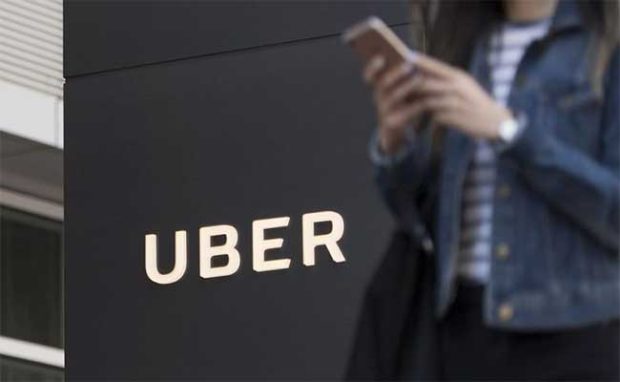Uber’s IPO Pricing: Expectations vs Reality of Valuation
Uber’s IPO
The ride-hailing firm said in a securities filing it would sell 207 million shares in a range of $44 to $50 dollars, raising up to $10 billion. That would give Uber a market value of between $74 billion and $84 billion. Some media reports said the figure could be up to $90 billion accounting for restricted stock options.
But the pricing target — still subject to change — fell below earlier ambitions of a valuation of more than $100 billion for the firm operating in some 700 cities around the world.
New $UBER IPO details place valuation more towards the $76B marker seen during last year's private capital raise. 🚘 IPO expected early May pic.twitter.com/meX6cbBcI2
— Brad Smith (@thebradsmith) April 26, 2019
Uber will trade on the New York Stock Exchange under the ticker “UBER” sometime next month. It also announced a private placement of the tech finance firm PayPal of $500 million. In its filing, Uber estimated a loss in the first quarter of 2019 of $1.1 billion on revenue of $3 billion, continuing a trend of steep losses for the San Francisco-based startup.
Uber has become the largest ridesharing platform but has also been expanding into new segments including food delivery, freight, and “last mile” transport using electric bikes and scooters. It is investing heavily in autonomous driving technology, in a move that could someday allow the company to offer “robotaxis” without drivers.
The IPO document said Uber aims to disrupt transportation by making it easier for consumers to move about without private cars.
Unicorn Woes

Photo: David Paul Morris/Bloomberg
The IPO pricing comes after a market debut stumble for Uber’s US rival Lyft, which has lost more than 20 percent of its value since its initial public offering (IPO) last month.
Uber is the latest and will be the largest of the so-called “unicorns,” or venture-backed startups worth at least $1 billion, to look to Wall Street listings to expand their capital base.
But some of the early enthusiasm about this unicorn herd has waned and there are hints that private investment rounds may have been priced too high.
Aswath Damodaran, a New York University professor, last week placed Uber’s equity value at $58.6 billion to $61.7 billion. “Uber is a company that is poised on a knife’s edge,” Damodaran said in a blog post.
“If it just continues to just add to its rider count, but pushes up its cost of acquiring riders as it goes along, and existing riders do not increase the usage of the service, its value implodes. If it can get riders to significantly increase usage (either in the form of more rides or other add on services), it can find a way to justify a value that exceeds $100 billion.”
Related Articles
Apple Expands Their Reach: Gaming and Video Services
Lyft Files for Stock Offering, Beating Uber to Wall Street
Analysts warn both Uber and Lyft face multiple challenges to their business model, which has disrupted traditional taxi services and relies on drivers to be independent contractors.
Uber’s filing said it had some 3.9 million drivers using its platform at the end of December, who have earned a total of $78.2 billion since 2015 along with $1.2 billion in tips, which were introduced on the mobile app in 2017.
Chief executive Dara Khosrowshahi, who took the helm in 2017, has promised greater transparency as he seeks to restore confidence in the global ridesharing leader hit by a wave of scandals over executive misconduct, a toxic work atmosphere and potentially unethical competitive practices.

